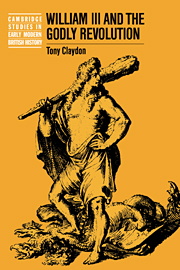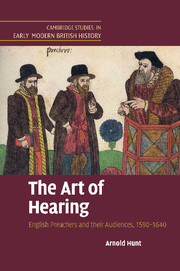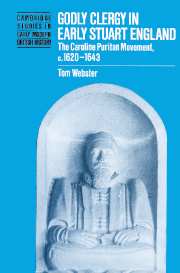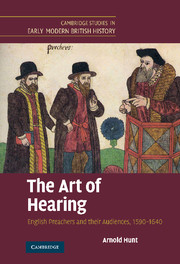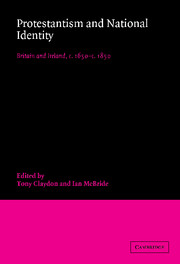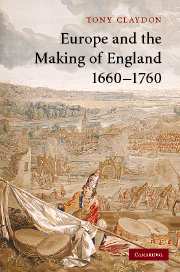William III and the Godly Revolution
This is the first extensive account of royal propaganda in England between 1689 and 1702. It demonstrates that the regime of William III did not rely upon legal or constitutional rhetoric as it attempted to legitimate itself after the Glorious Revolution, but rather used a protestant, providential and biblically-based language of 'courtly reformation'. This language presented the king as a divinely-protected godly magistrate who could both defend the true church against its popish enemies, and restore the original piety and virtue of the elect English nation. Concentrating upon a range of hitherto understudied sources - especially sermons and public prayers - the book demonstrates the vigour with which these ideas were broadcast by an imaginative group of propagandists enabling the king to cope with central political difficulties - the need to attract support for wars with France and the need to work with Parliament.
- The first comprehensive examination of 'Williamite' ideology in England, 1689–1702
- Challenges the usual notion that political discourse of the period was mainly secular
- Explains how the English monarchy coped with the political and ideological problems caused by war
Reviews & endorsements
'… this is a fascinating study which deserves a wide readership and should stimulate renewed scholarly interest in a relatively neglected period.' English Historical Review
Product details
January 1996Hardback
9780521473293
290 pages
229 × 152 × 21 mm
0.6kg
1 b/w illus.
Available
Table of Contents
- Introduction
- 1. Courtly reformation and the revolution of 1688/9
- 2. The resources for royal propaganda
- 3. The propagation of courtly reformation
- 4. Courtly reformation, the war, the English nation
- 5. Courtly reformation and the politics of party
- 6. Courtly reformation and country politics
- Conclusion.

